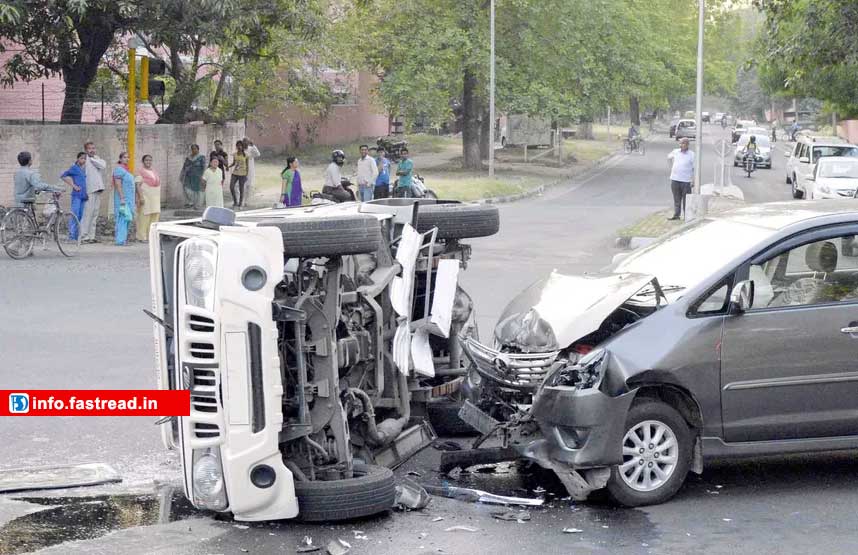The central government plans to introduce a new road accident victim cashless treatment scheme (RAVCS) 2020. In this scheme, the government aims to provide access to essential emergency health facilities for road accident victims. Union Government. During the golden hour a motor vehicle accident fund will be created to pay for his medical care. The Ministry of Transport has proposed a limit of Rs. 2.5 lakh per accident victims for treatment.
The National Health Authority (NHA) has been designated as the nodal agency to implement RAVCT under the Pradhan Mantri Jan Arogya Yojana. Now all the people who are injured by road accident, Rs. Up to free treatment can be availed. 2.5 lakhs in any nearby government. Or private private hospital under Ayushman Bharat Scheme.
Cashless treatment plan for road accident victims 2020
After the official launch of the Road Accident Victim Cashless Treatment Scheme, the Central Govt. All road accident victims of Indian or foreign nationality are considered eligible for the treatment plan. In a letter addressed to the state, the Transport Ministry stated “The Central Government will formulate a scheme for cashless treatment of the victims of the accident during the golden hour and such a scheme may have provisions to create a fund for such treatment… As the nodal agency for the National Health Authority PMJAY, more than 21,000 hospitals across the country are being paved, to implement the scheme for cashless treatment of motor vehicle accident victims and also assigned to a nodal agency for PMJAY is. “The Center has sought feedback from all Chief Secretaries on the proposed plan by 10 July 2020.
Establishment of Road Accident Fund
The setting up of the Road Accident Fund was one of the major provisions of the Motor Vehicles (MV) Amendment Act passed by Parliament in September 2019. NHA’s robust IT platforms used for the Ayushman Bharat-PMJAY implementation can be used to provide cashless treatment. Victims of road traffic accidents including during the golden hours. Hospitals will have to ensure the provision of stabilization when they send the patient to a PMJAY hospital where full treatment can be provided.
Trauma and health services for victims of road accidents will be financed through an account. This account will be set up and operated under the Ministry of Transport for the implementation of the RAVCT scheme.
RAVCTS launch required
In India, according to statistics from the Ministry of Transport, more than 1.5 lakh people die every year due to road accidents. There are an average of 1,200 road accidents every day in India and around 400 people lose their lives in these accidents. For this purpose, the Transport Ministry has prepared a proposal stating that “a scheme envisaged by the Central Government to facilitate cashless trauma care treatment for the victims of road accident in the nearest suitable hospital in the country” has gone. The Supreme Court ruled, and drew its power from the Motor Vehicles (Amendment) Act 2019 (MV Amendment Act). Such cashless treatment will be extended to road accident victims during the gold accident as defined by the MV Amendment Act. ”
Fund for Insured / Unlicensed Vehicles
For insured vehicles, the cashless treatment fund for road accident victims will have contributions from insurance companies through the General Insurance Council (GIC). For hit-and-run cases, the Ministry of Road Transport and Highways (MORTH) will pay for the accident of vehicles without a license. The National Health Authority (NHA) will manage the account to ensure timely payment to healthcare providers. This release of payment will be done as per the defined procedure and the deadline. Vehicle owners will be liable to pay the cost of treatment when the vehicle is not insured.
Under the MV Act 2019, cashless treatment of road accident victims is a path development towards saving the lives of people. Once issued and implemented, it will ensure treatment of road accident victims without delay and will significantly reduce the refusals faced by victims in some hospitals.

